



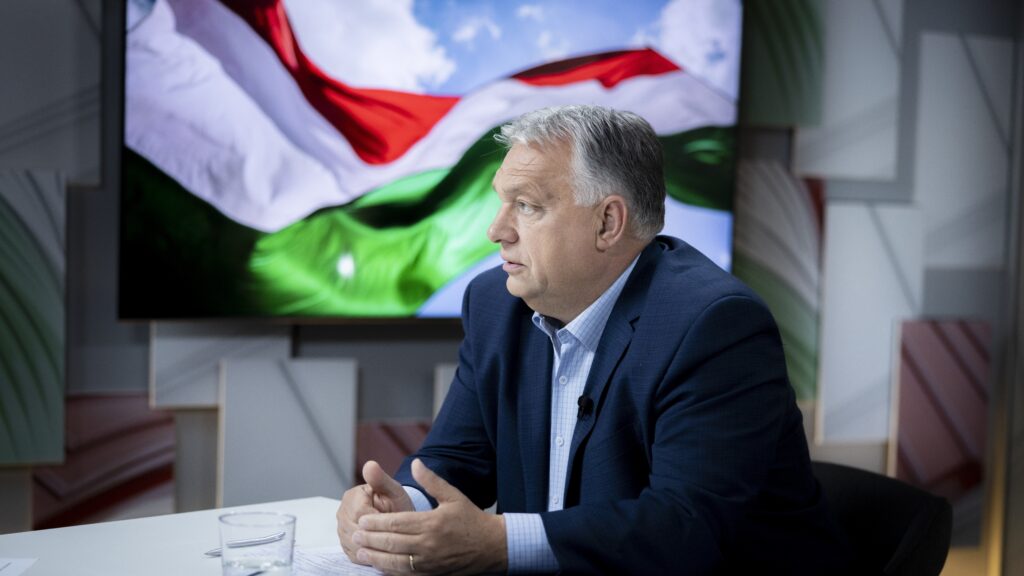
Hungarian Prime Minister Viktor Orbán declared that Hungary, backed by over two million votes in the ‘Voks 2025’ initiative, has blocked Ukraine’s EU accession. Speaking on Kossuth Radio, he also touched on migration, energy, the Pride march, and space policy.
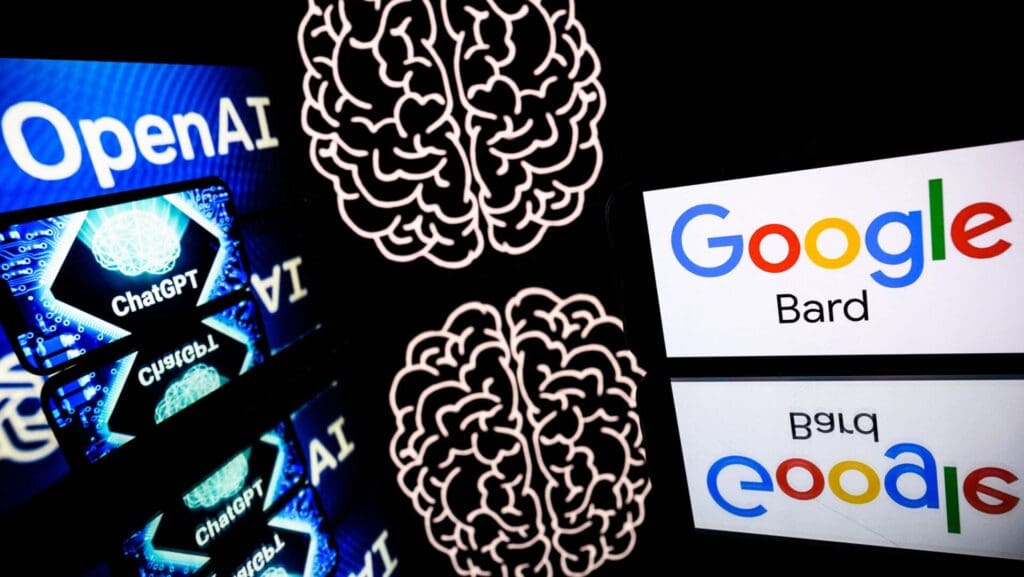
Hungary’s revamped Artificial Intelligence Strategy will soon go before the government, aiming to harness AI’s full potential across public services, industry, and the data economy, according to AI commissioner László Palkovics.

Researchers at the Budapest University of Technology and Economics have created the world’s first monostable tetrahedron—an object that always flips to rest on the same face—potentially transforming spacecraft design and landing systems.
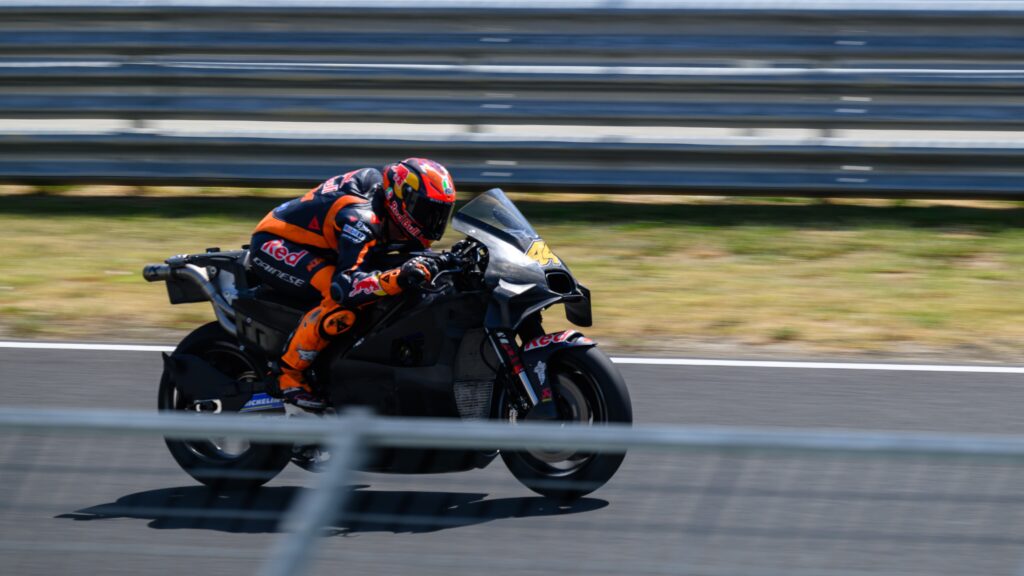
Hungary’s Balaton Park Circuit will host both MotoGP and Superbike World Championship rounds this summer, marking a major milestone for Hungarian motorsport and offering new opportunities to inspire the next generation of riders.
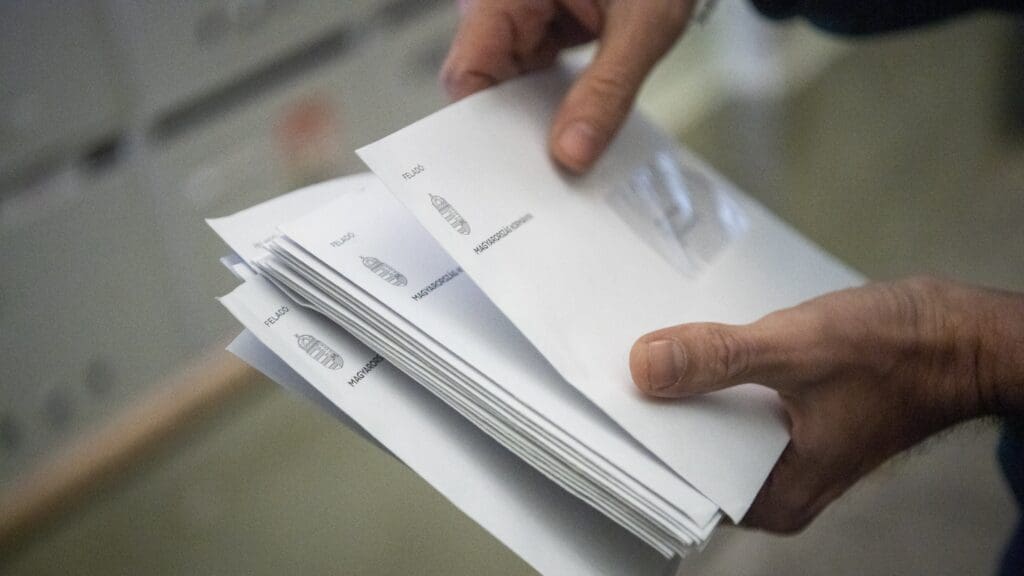
Hungary’s Voks 2025 referendum on Ukraine’s EU accession became one of the most successful public consultations ever, with over 2.2 million votes. State Secretary Balázs Hidvéghi declared the results will shape Hungary’s stance in Brussels, opposing what he calls a ‘reckless’ EU push for Ukraine’s membership.
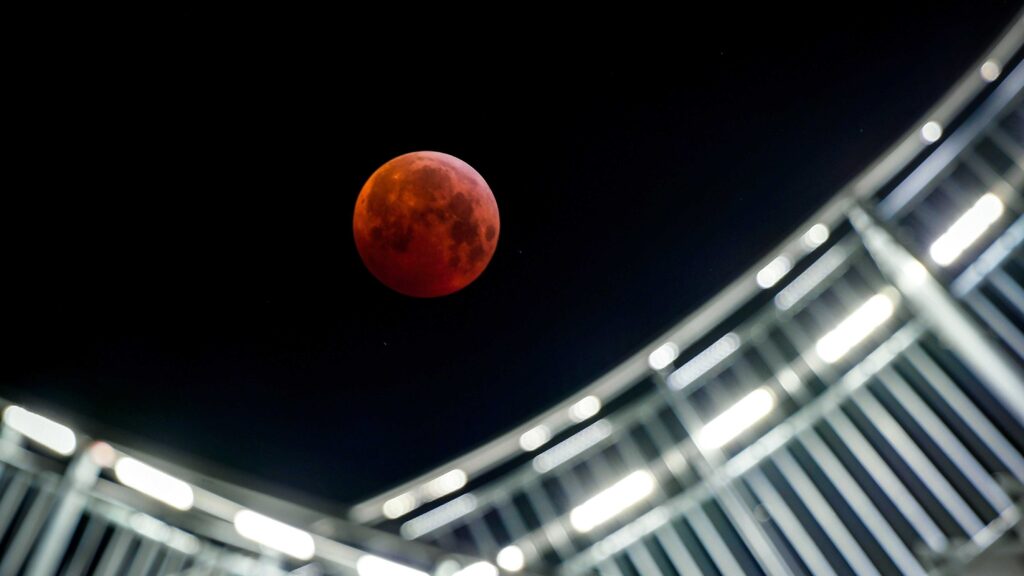
The Vera C Rubin Observatory, home to the world’s largest astronomical camera, will begin operations in Chile later this year. The groundbreaking sky survey will run for a decade and include Hungarian researchers contributing to data analysis and software development.

Despite Hungary’s legal ban on Pride events, Dutch MPs have backed a motion calling on Cabinet members to attend the Budapest march next month, raising concerns over political interference and disregard for national sovereignty.
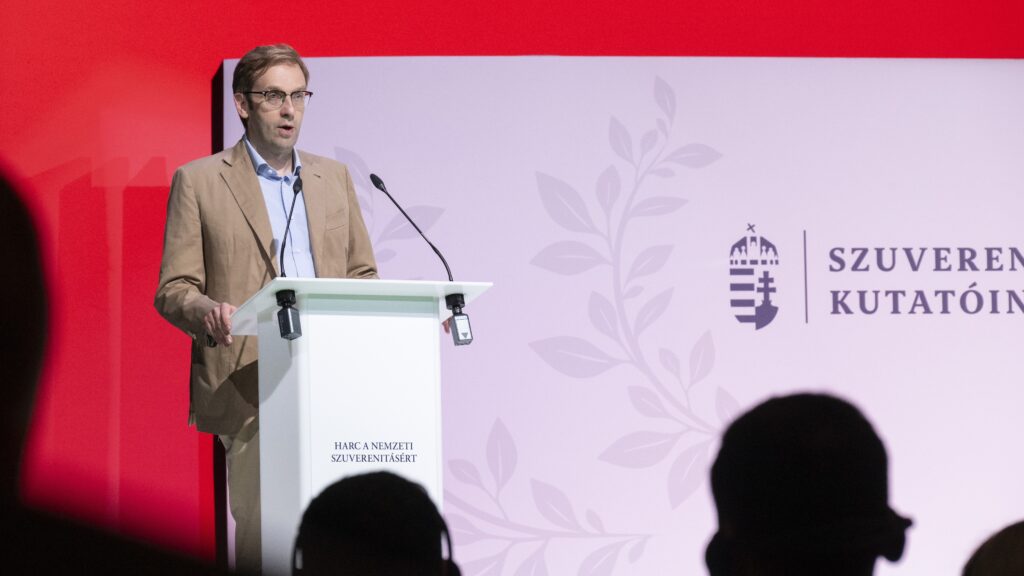
Foreign influence is increasingly threatening Hungary’s national sovereignty, experts warned at a Budapest conference. Massive foreign funding, political manipulation, and NGO activity were cited as tools used to reshape Hungarian politics from the outside.

Artificial intelligence is poised to fundamentally reshape financial services, particularly the banking sector, by enhancing efficiency, cutting costs, and opening new business opportunities—according to a new Deloitte report.
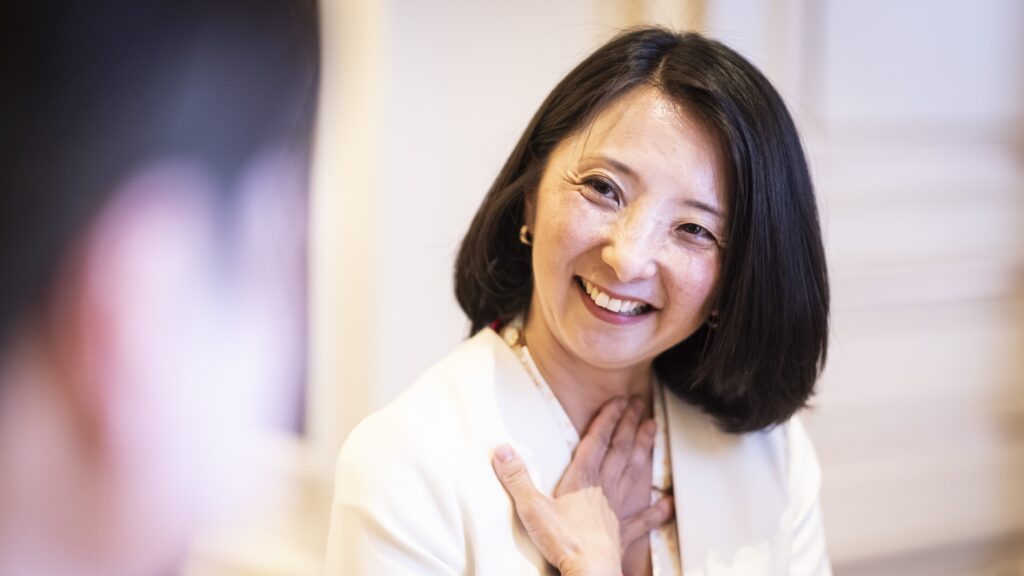
Shihoko Goto, Senior Fellow at the Mansfield Foundation, discusses the evolving concept of Indo-Pacific governance, Hungary’s strategic appeal in the region, and the balancing act countries face amid growing US–China competition.

President Donald Trump announced a full ceasefire agreement between Israel and Iran, bringing an end to what he called the 12-day war. The truce, reached with US mediation, is set to take effect Tuesday at midnight Washington time.
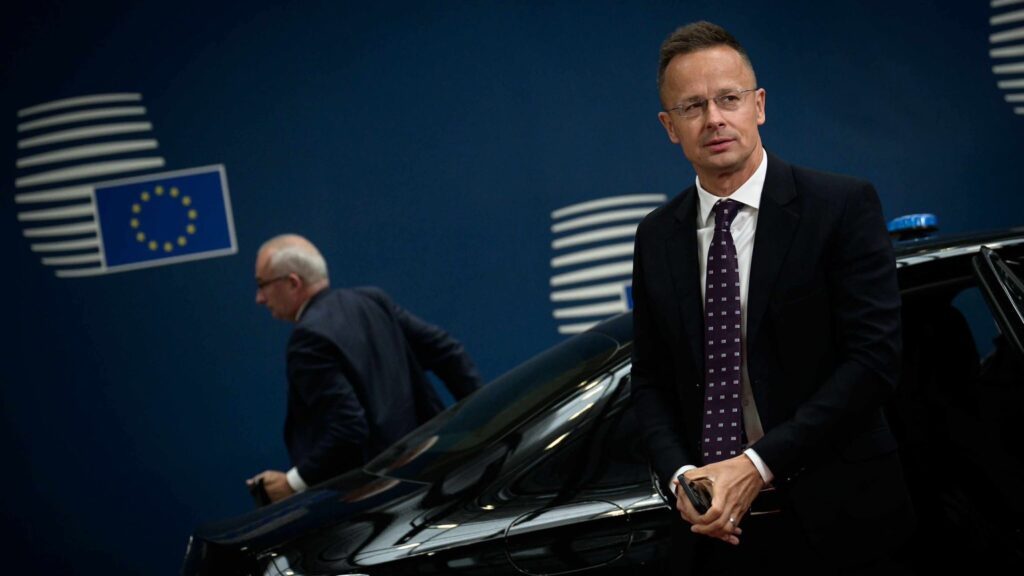
Hungary and Slovakia have blocked the EU’s latest sanctions package, opposing plans to ban Russian oil and gas imports. Foreign Minister Péter Szijjártó warned the move would devastate Hungary’s energy security and lead to soaring household costs.
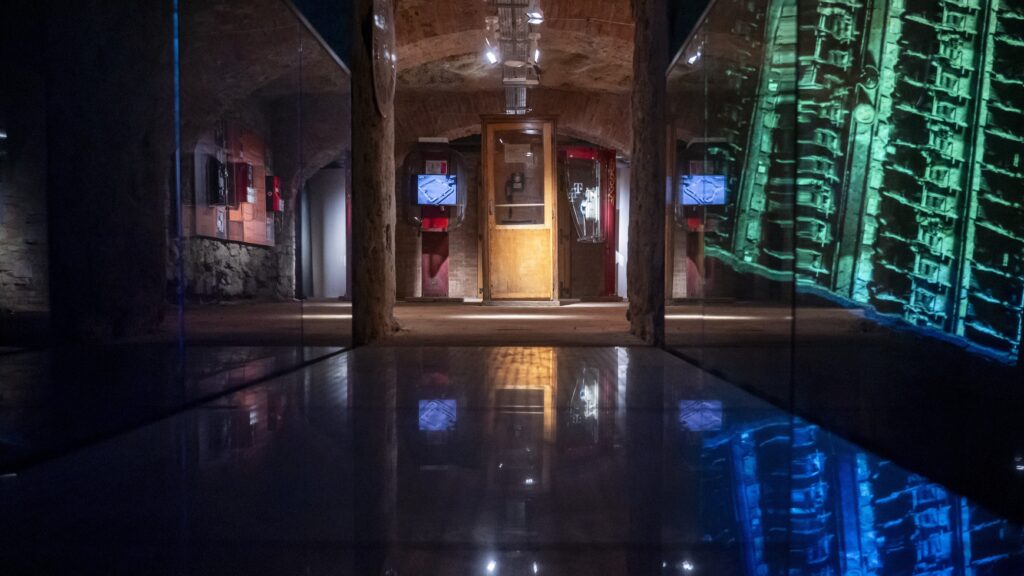
Budapest’s Kiscelli Museum invites visitors to explore the history and cultural impact of telephony with its interactive exhibition ‘Hello? Hello!’, open until 18 January. The show spans from the late 19th century to today with vintage phones, soundscapes, and hands-on features.
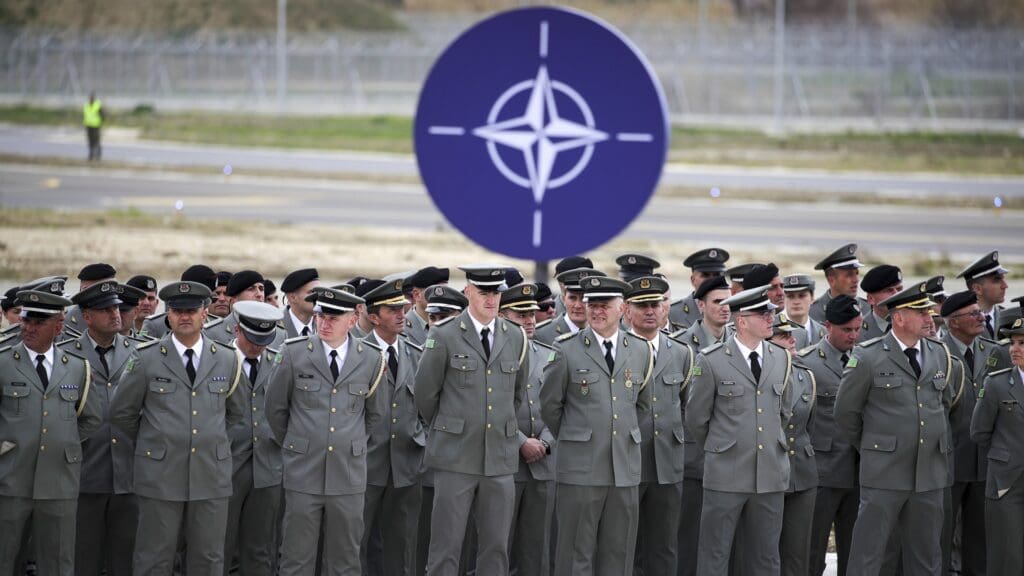
Hungarian military doctor Péter Vekszler has been appointed Chief Medical Officer at NATO’s SHAPE headquarters, one of the alliance’s highest medical positions. He will serve in the role for three years starting 21 June as a brigadier general.
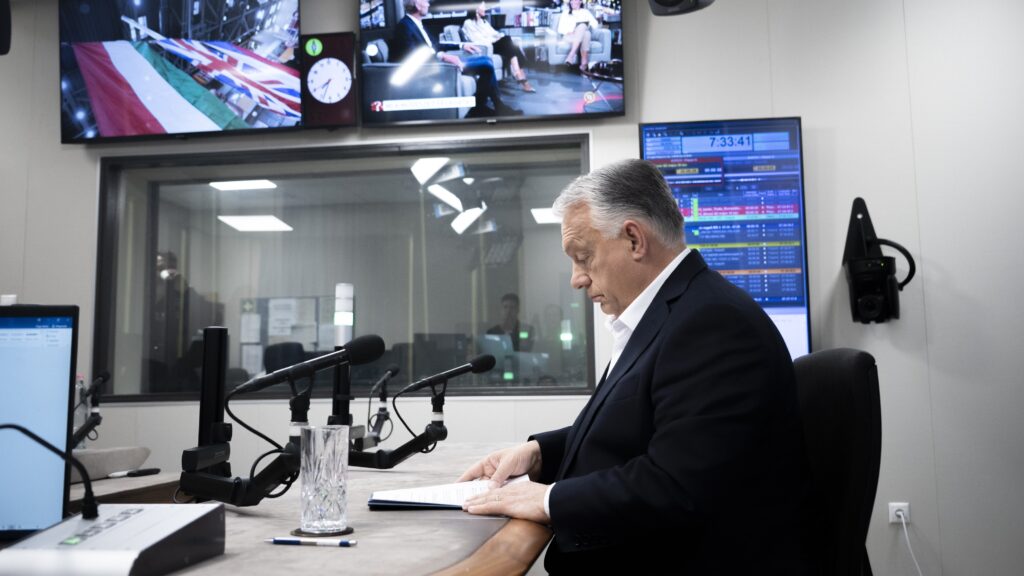
Prime Minister Viktor Orbán called on Hungarians to cast their vote in the Voks 2025 consultation on Ukraine’s EU membership, warning that rapid accession could endanger Hungary’s sovereignty, economy, and social protections.
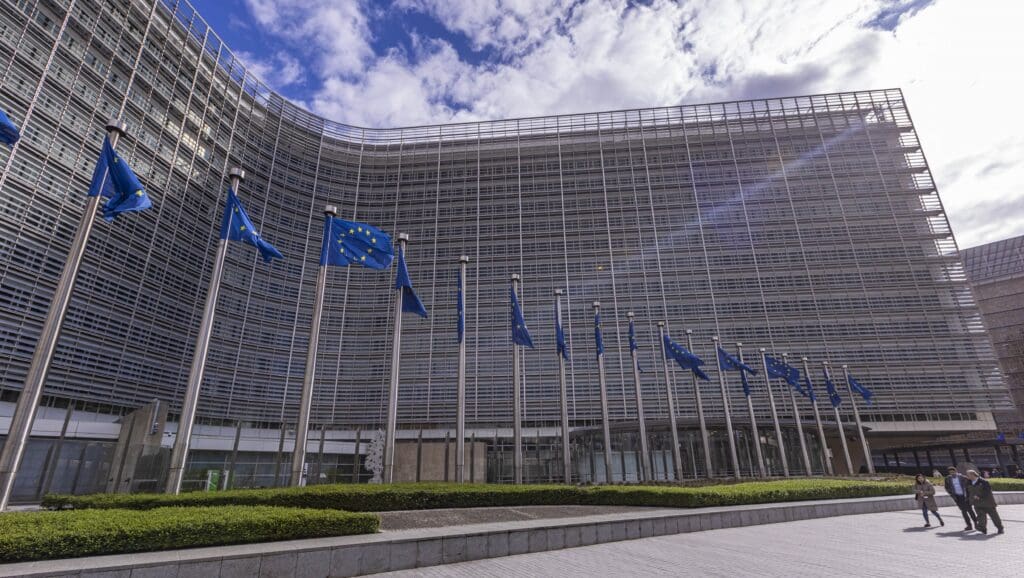
The European Commission’s latest country-specific recommendations have drawn strong criticism from the Center for Fundamental Rights, which claims Brussels is pushing Hungary to abandon popular domestic policies in favour of multinational and geopolitical interests.
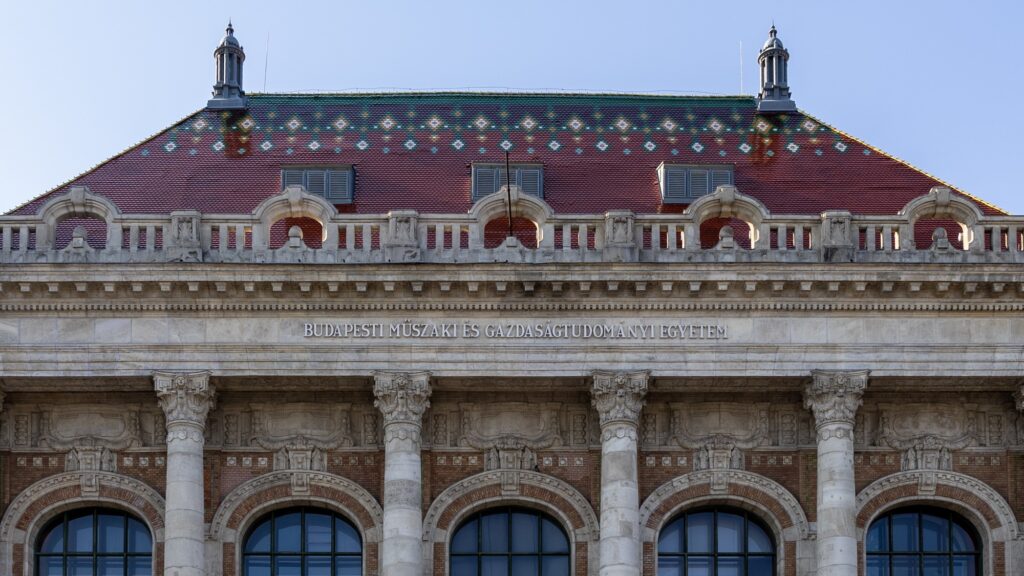
Budapest University of Technology and Economics (BME) will adopt a new performance-based funding model, securing long-term financial support to enhance its engineering, IT, and research capacities as part of a 25-year strategic agreement with the government.

Hungary’s largest standalone battery energy storage system has been inaugurated in Százhalombatta. With a 40 MW output and 80 MWh capacity, the new unit by MET Group marks a key step in the country’s shift toward cleaner, more flexible energy solutions.
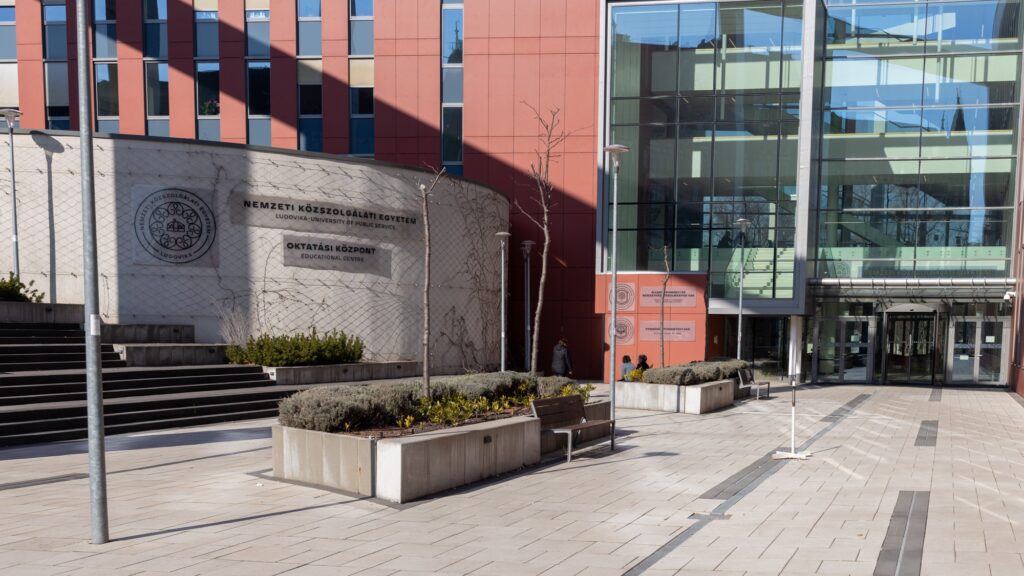
Three Hungarian universities now rank among the top 2 per cent globally, and 12 in the top 5 per cent, according to the latest international rankings. Despite political tension with the EU, Hungary’s education reforms show measurable academic and research progress.

Visitors interested in military history and technology can explore a wide range of exhibits on 21 June during Hungary’s Night of Museums, from secret WWII encryption tools to modern fighter jets and interactive defence tech displays.
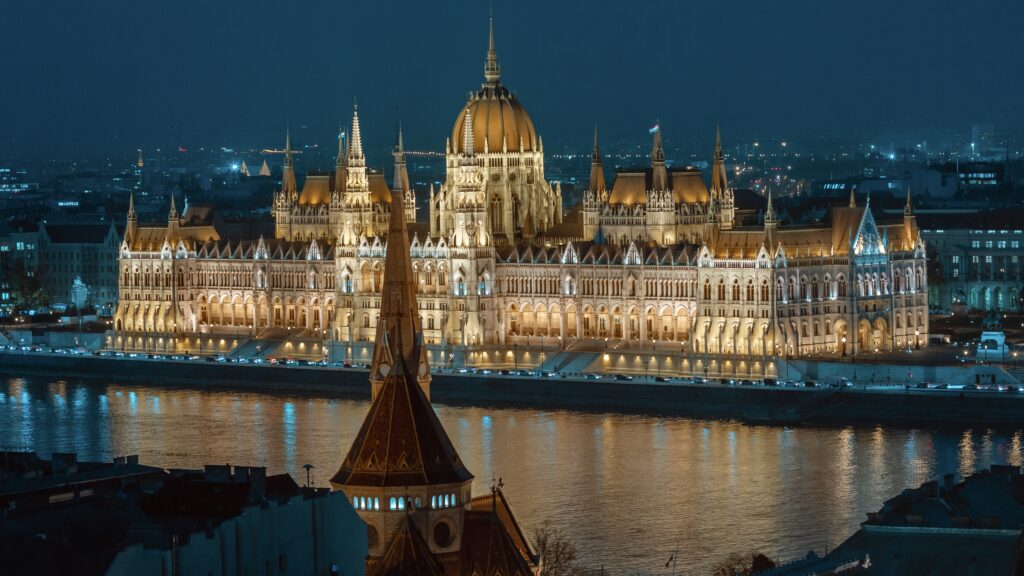
Hungary’s Parliament approved the 2026 state budget, prioritizing families, pensioners, and economic stability. The budget includes major tax cuts, expanded family support, and continues efforts to reduce national debt and the deficit.
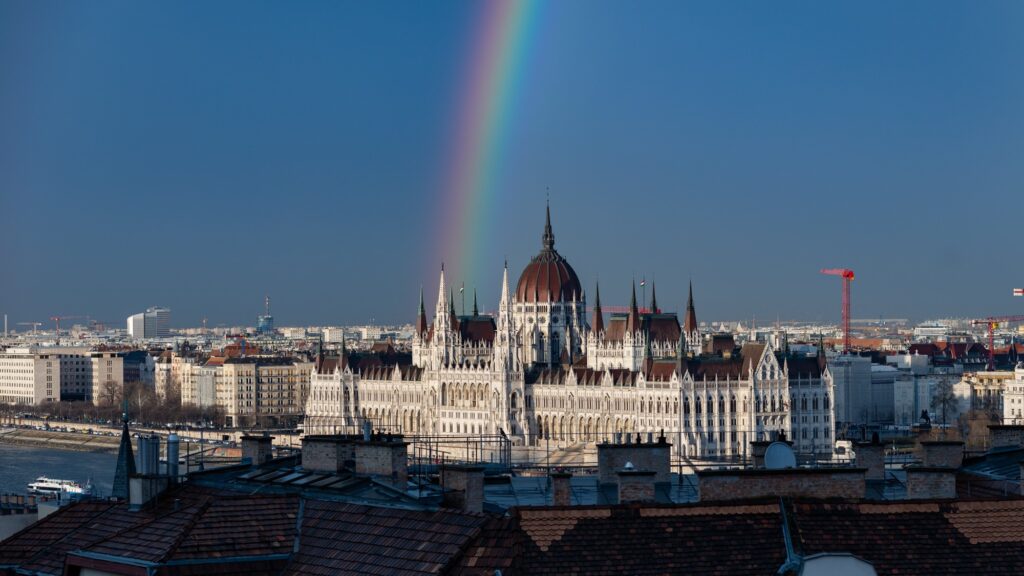
A Budapest court granted immediate legal protection to the capital’s municipality, halting the state treasury’s attempt to withdraw over 10 billion forints in solidarity contributions, citing the potential collapse of essential public services.
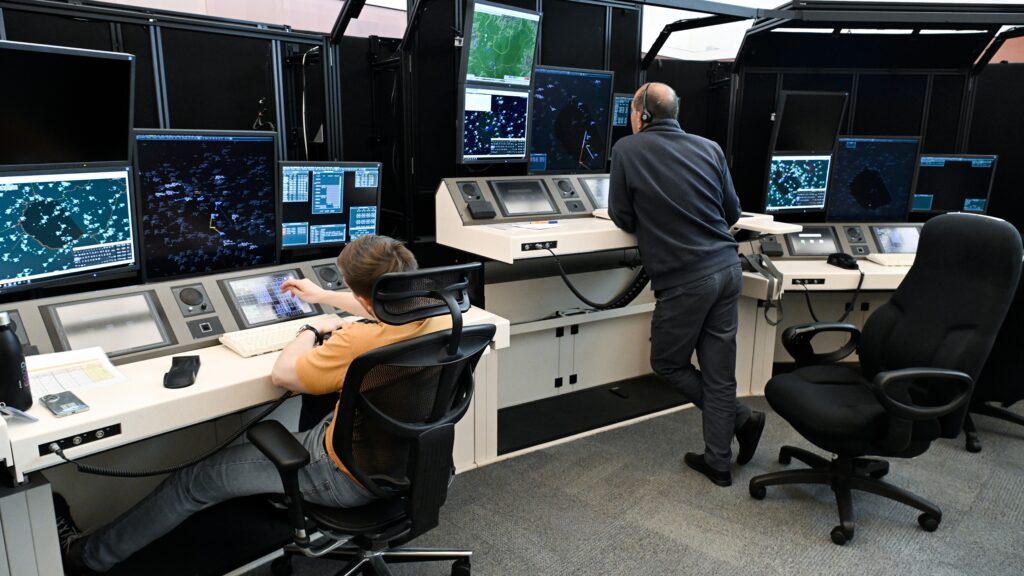
HungaroControl and the National University of Public Service have signed a strategic cooperation agreement to advance air traffic control technologies, enhance aviation safety, and modernize technical higher education in Hungary.

At Budapest Global Dialogue 2025, back-to-back panels tackled the unraveling of the post-WWII order, the rise of new power blocs like BRICS, and the global trade system’s future. Speakers warned: the world is not just shifting—it is splintering and reassembling.
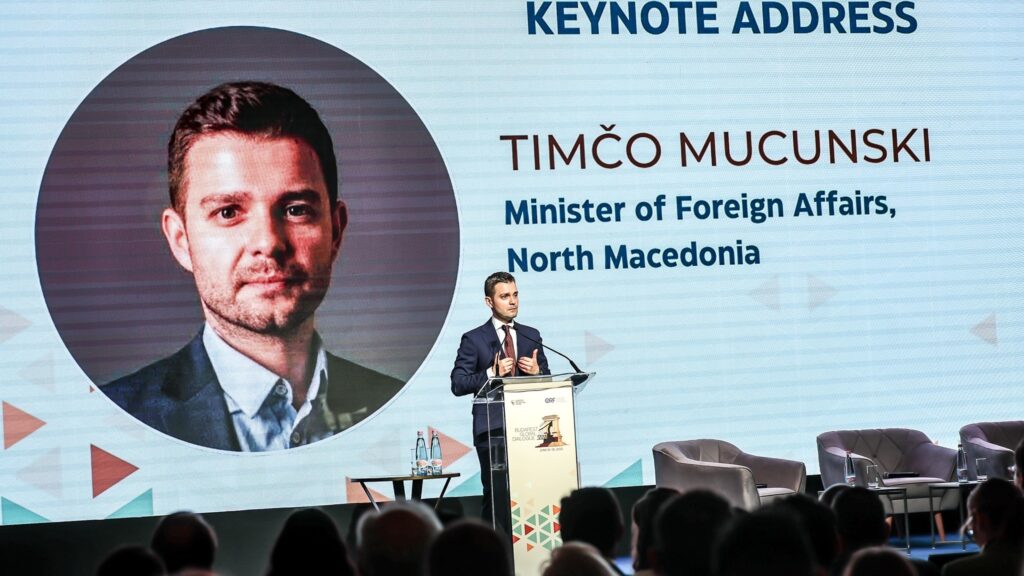
Speaking at the Budapest Global Dialogue 2025, North Macedonia’s Foreign Minister Timčo Mucunski urged the EU to show leadership, not inertia. He emphasized the urgency of enlargement, defended his nation’s identity, and called for a bold European vision.
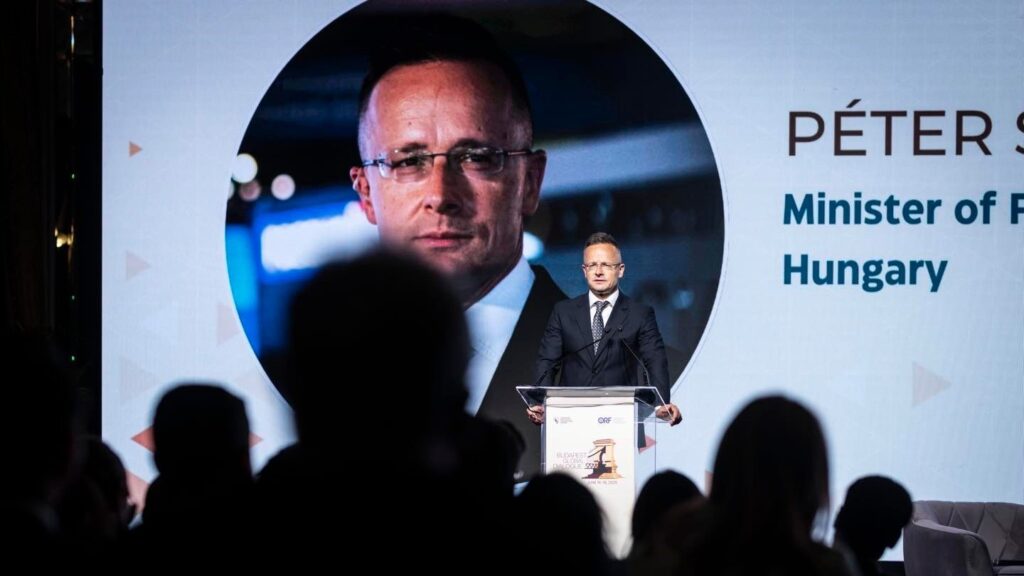
Speaking at the Budapest Global Dialogue 2025, Hungarian Minister of Foreign Affairs and Trade Péter Szijjártó warned of a new global order shaped by war, crisis, and division. He called for a ‘revolution of common sense’ and criticized EU isolationism, energy policy, and liberal dogmas.
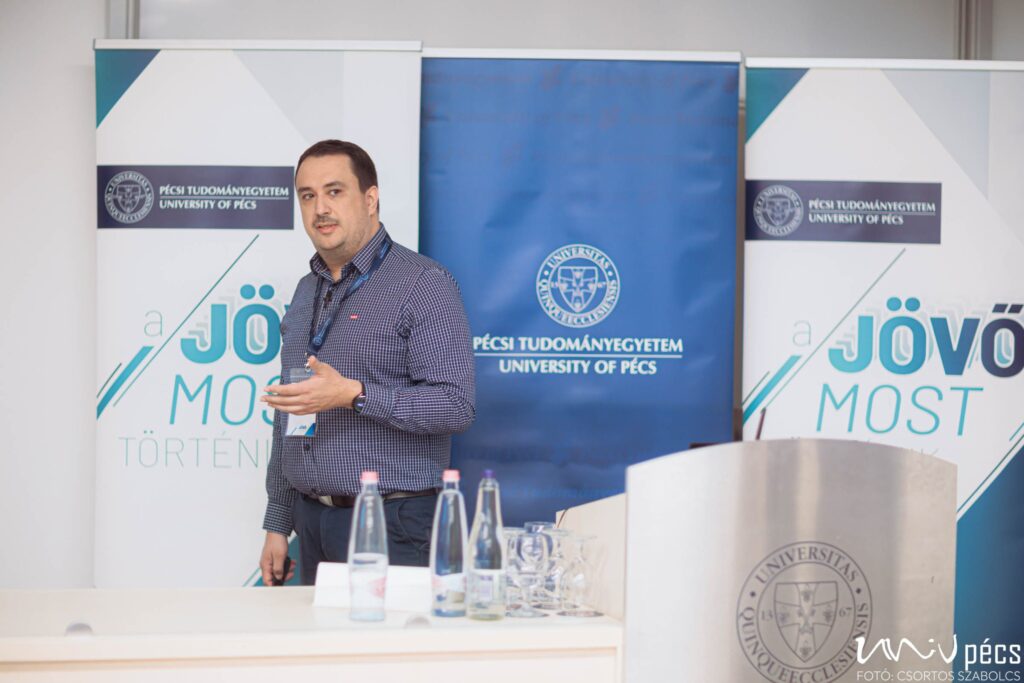
Gábor Gyurák, a lecturer at the University of Pécs Faculty of Engineering and IT, won the European title and placed second globally in Huawei’s international cybersecurity competition, marking a rare achievement for Hungarian higher education.
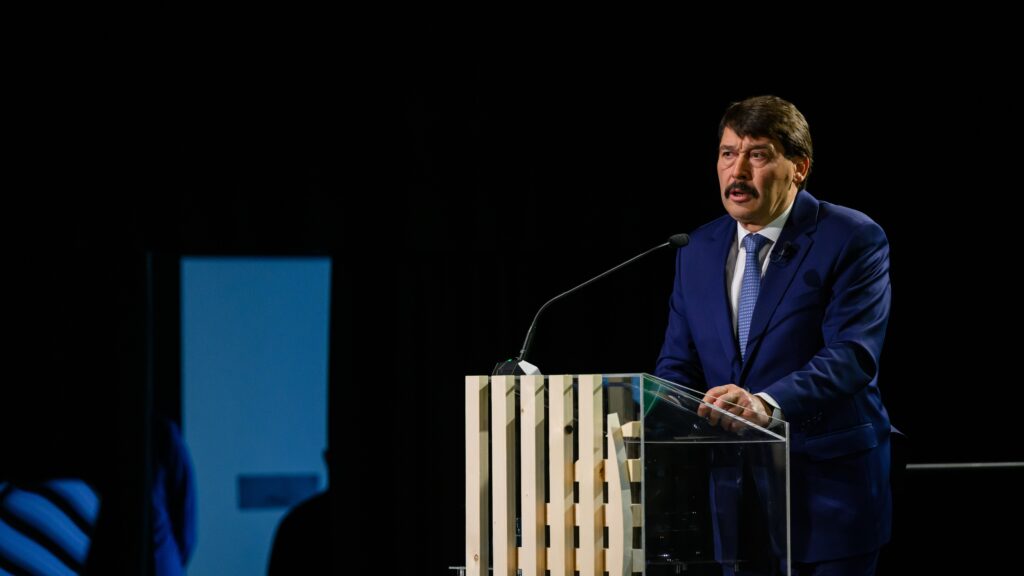
Former President Áder János announced the upcoming Planet Budapest 2026 expo while attending an environmental competition awards ceremony, where nearly 1,000 young participants presented sustainability solutions focused on climate and water issues.

The Hungarian historical drama Királytalálkozó (The Riddle Pact) won three awards at the Vegas Movie Awards, marking a major international debut for the film that revisits the legendary 1335 summit of Central European kings.
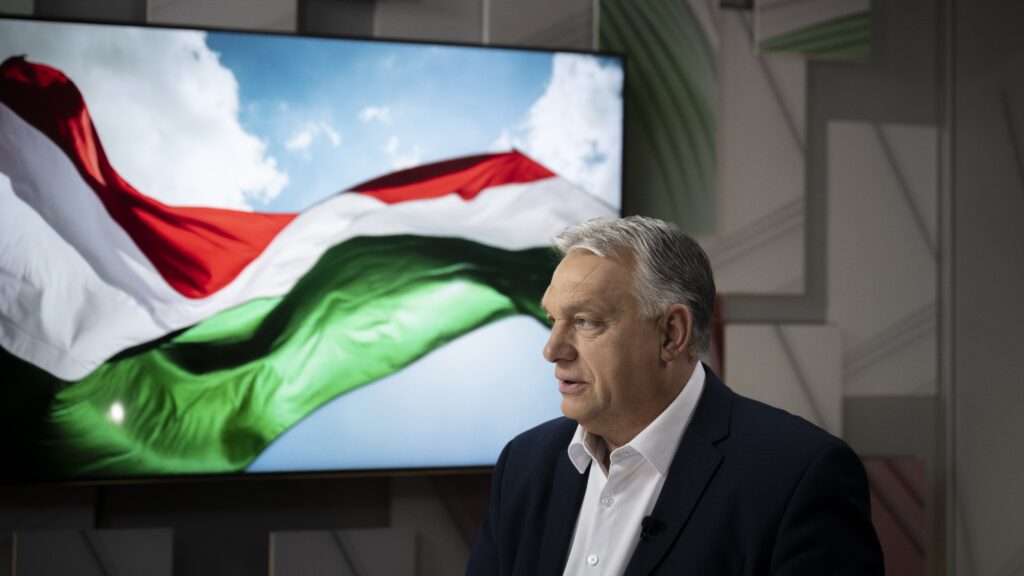
Hungary is demanding the EU suspend its plan to ban Russian energy imports in light of the Middle East war, warning that further supply shocks could cripple the European economy. Prime Minister Viktor Orbán urged Brussels to reassess the risks.

Hungarian Conservative is a quarterly magazine on contemporary political, philosophical and cultural issues from a conservative perspective.